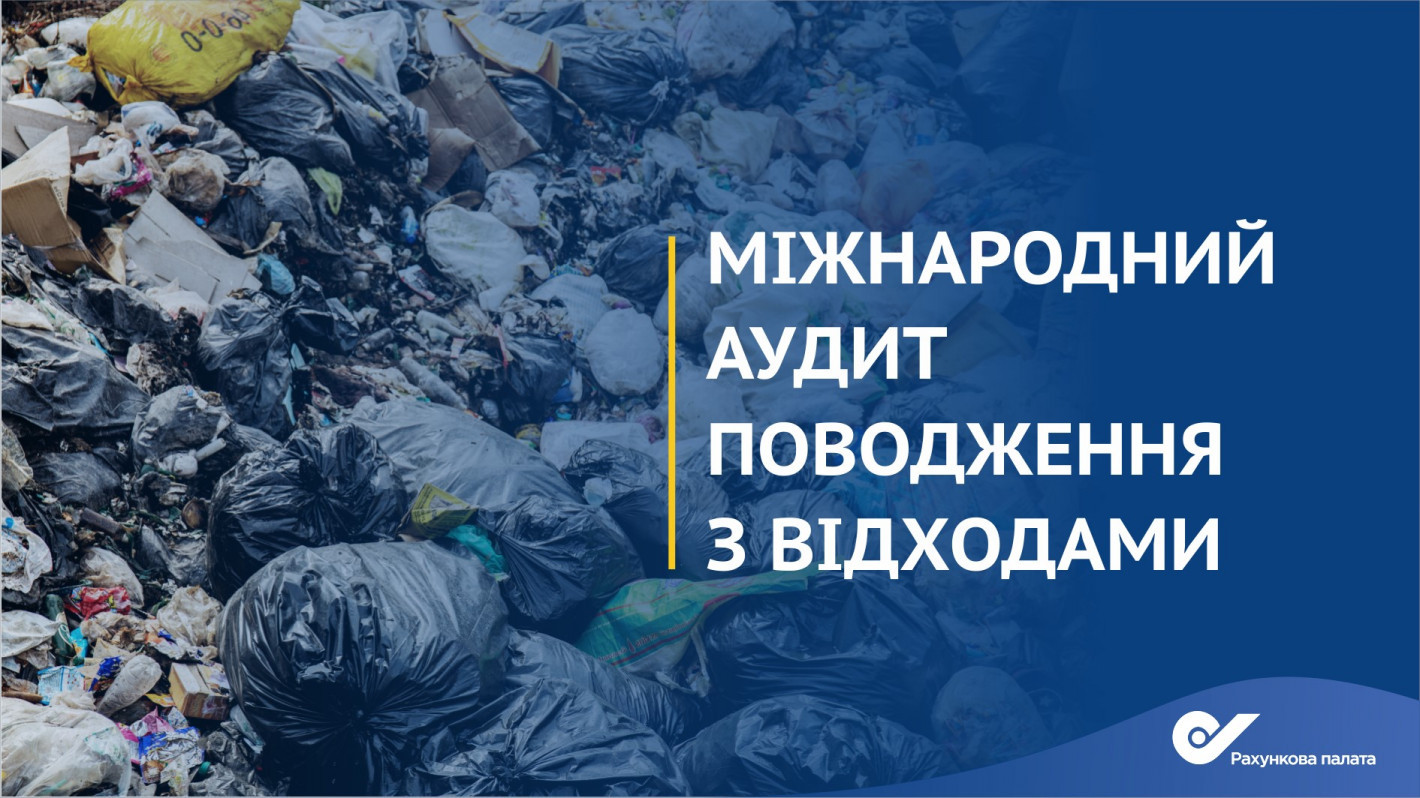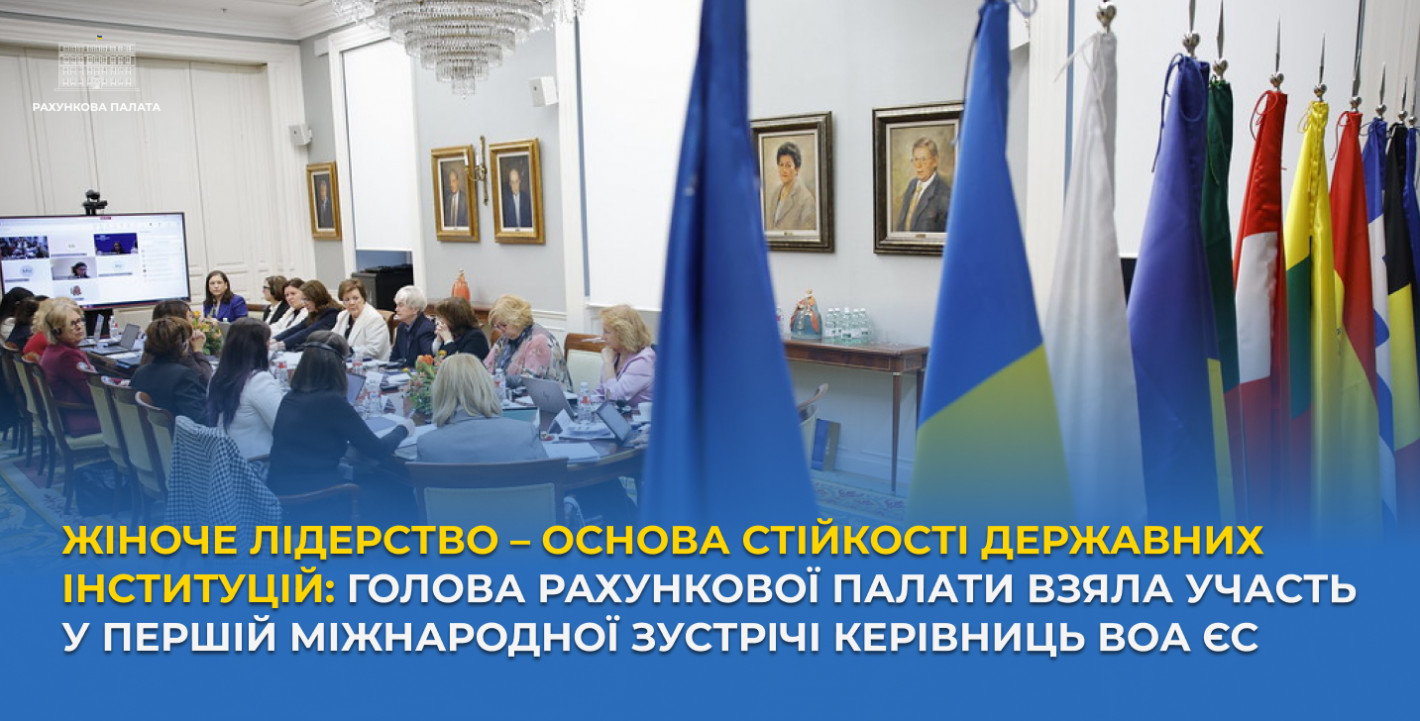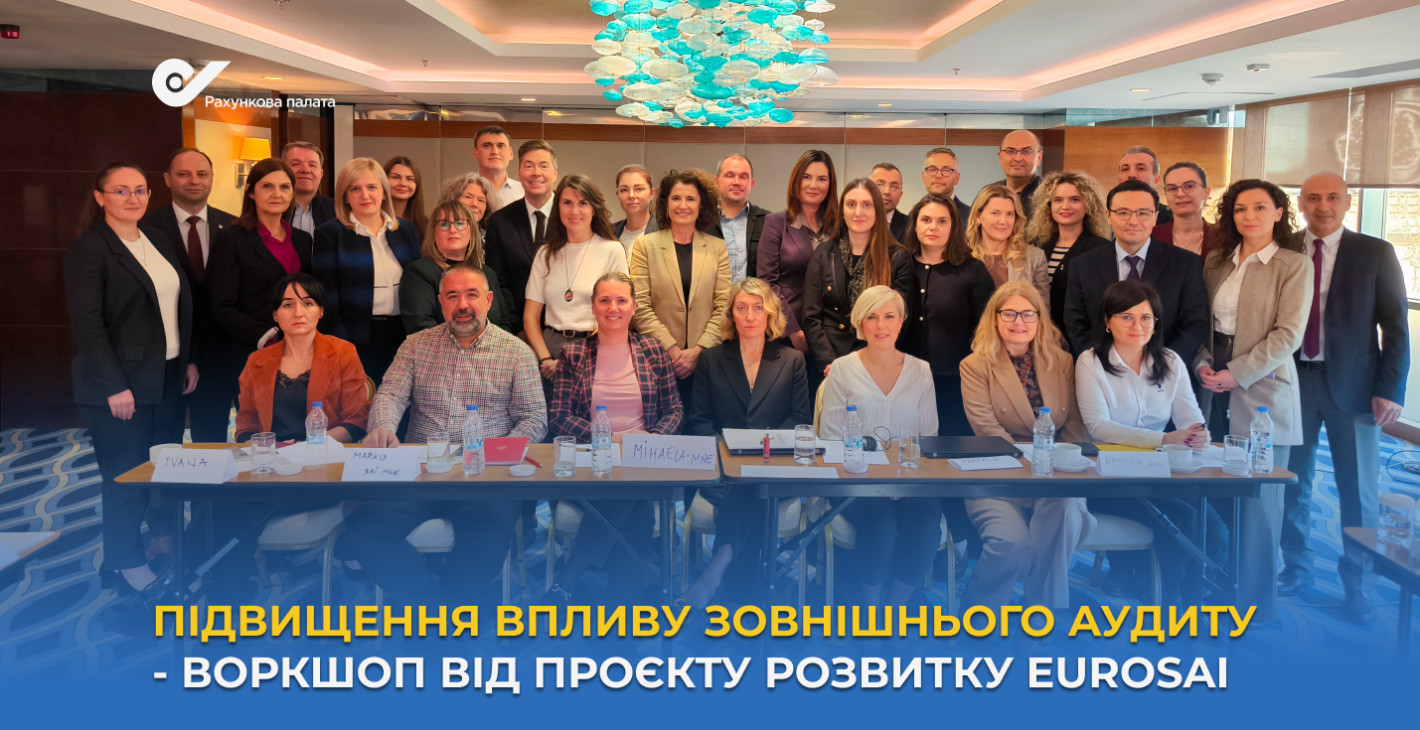There is no effective waste management in Ukraine, the Republic of Moldova and the Republic of Serbia, as a result of which most waste is sent to landfills instead of recycling.
This is stated in the Joint Report on the Results of the International Audit on Waste management and Utilization. The Member of the Accounting Chamber of Ukraine Viktor Bohun is responsible for its conduct from the SAI of Ukraine.
The Audit was carried out by the SAIs of Ukraine, Moldova and Serbia in the framework of the EUROSAI Working Group on the Audit of Funds Allocated to Disasters and Catastrophes. The Accounting Chamber is a coordinator of the Audit.
It is based on the national audits of the SAIs of the three countries. Despite the fact that they are carried out in the field of waste management, the problems for these countries are common.
The urgency is due to the fact that improper waste management threatens the environment and human life and health, and is the cause of both environmental and man-made disasters, including fires and pollution of ecosystems. Reports of unauthorized disposal of hazardous and other wastes in landfills appear almost every day, in particular as evidenced by the data of the interactive Ecological Map and “flashy” cases covered in the media.
The Report states that the Governments of Ukraine, Moldova and Serbia are taking some measures to reduce and remove waste, unusable pesticides and disinfect land from persistent organic pollutants. However, national regulations in this area are incomplete and inconsistent with international law and standards, in particular the European Union, to which the three states have taken the course for integration.
The auditors concluded that the actions of the authorities responsible for waste management in Ukraine, Moldova and Serbia were insufficiently effective and coordinated. As a result, state control is also not effective enough. Therefore, there are high risks of non-compliance by individuals and legal entities with the requirements of legislation in the field of waste management.
In addition, the countries participating in the audit have insufficiently developed facilities for processing, treatment and disposal of hazardous, industrial and other wastes, which does not contribute to the creation of an integrated management system. As a result, there are risks to the environment and human health, including environmental and man-made disasters.
In particular, the national audit conducted in previous years showed that in Ukraine more than 90% of household waste was sent to landfills. Procurement points and waste processing enterprises received 3% of secondary raw materials, burned - 2.6%.
The SAIs of three countries state that their countries do not have a system in place that corresponds to the “waste management hierarchy” that operates in the EU and is based on the mechanism of extended producer responsibility for waste management. This system involves a five-step treatment. The priority is to prevent the formation. If this is not possible – efforts are made to reuse them, if this is not possible – recycling and recovery. The next level is recycling, including energy production. If it is impossible to perform preliminary operations, waste is removed (utilized).
According to the results of the International audit, the SAIs of the three countries recommend that governments strengthen legal and economic incentives to reduce waste and recycle it as much as possible, as well as strengthen state environmental control.
In addition, it is necessary to improve the awareness of citizens and businesses with the legislation in this area, as well as to strengthen administrative and criminal liability for non-compliance.
The auditors recommend the introduction of an extended producer responsibility system, the main one being the “polluter pays” principle.
Among the recommendations are the introduction of a ban on the use of disposable plastic utensils and restrictions on the use of plastic packaging. The auditors point to the need to introduce a system for the collection and return of packaging waste, to determine the procedure for financing the relevant activities, to determine the list of obligations of producers, requirements for labeling of packaging and the use of eco-packaging.
The Joint report on the results of the International audit will be published on the official website of the Accounting Chamber.







